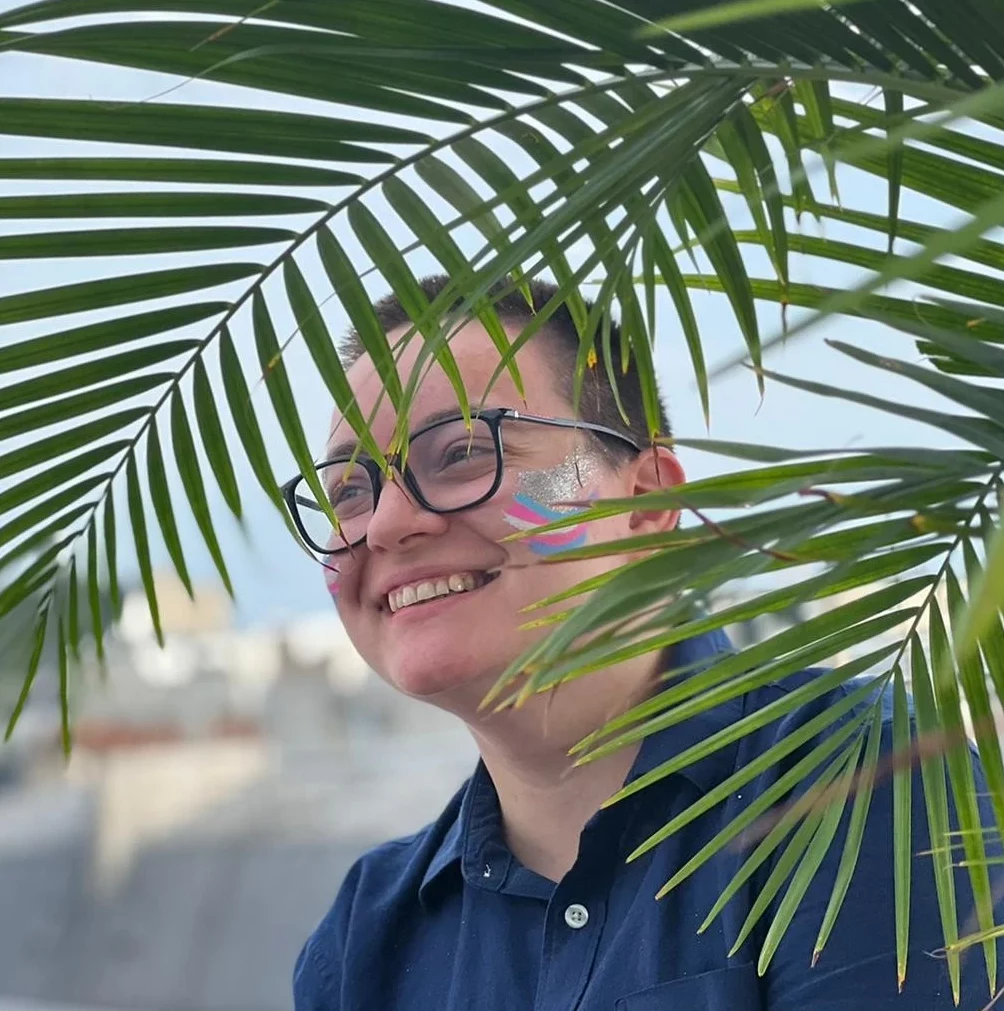The year is 2050. Ava and her girlfriend live in what’s left of Brooklyn, and though they love each other, it’s hard to find happiness while the effects of climate change rapidly eclipse their world. Soon, it won’t be safe outside at all. The only people guaranteed survival are the ones whose applications are accepted to The Inside Project, a series of weather-safe, city-sized structures around the world.
Jacqueline Millender is a reclusive billionaire/women’s rights advocate, and thanks to a generous donation, she’s just become the director of the Inside being built on the bones of Manhattan. Her ideas are unorthodox, yet alluring—she’s built a whole brand around rethinking the very concept of empowerment.
Shelby, a business major from a working-class family, is drawn to Jacqueline’s promises of power and impact. When she lands her dream job as Jacqueline’s personal assistant, she’s instantly swept up into the glamourous world of corporatized feminism. Also drawn into Jacqueline’s orbit is Olympia, who is finishing up medical school when Jacqueline recruits her to run the health department Inside. The more Olympia learns about the project, though, the more she realizes there’s something much larger at play. As Ava, Olympia, and Shelby start to notice the cracks in Jacqueline’s system, Jacqueline tightens her grip, becoming increasingly unhinged and dangerous in what she is willing to do—and who she is willing to sacrifice—to keep her dream alive.
I find too many dystopias boring because of their focus on very normal people.
This one doesn’t really fit the general model, if only because everyone’s extremely queer. Even though the premise is extremely basic, and the plot twists are overdone, there are a couple of very interesting characters who breathe just enough life into this novel to make it worth reading, in my opinion.
What I liked:
- Unlikeable characters, but also, I wouldn’t do any better than them.
- The setting: as I said, it’s basic, but there’s a reason why it’s been done so much. It just works.
- Lesbians.
What I liked less:
- Sometimes the novel felt like a pamphlet when it came to the not all men are bad, not all women can have babies, trans women are women, etc. I think the story was enough on its own for all these themes and it didn’t need the monologues to drive the point home.
- It was a smooth read but also maybe a bit too smooth – what happened?
- Uninteresting characters, and yet I wanted to know what would happen to them.
It’s hard to know if it was a good book. I’m going to say it was nice to have something so conventional and yet so queer, because that’s still rare, but that’s about it.
